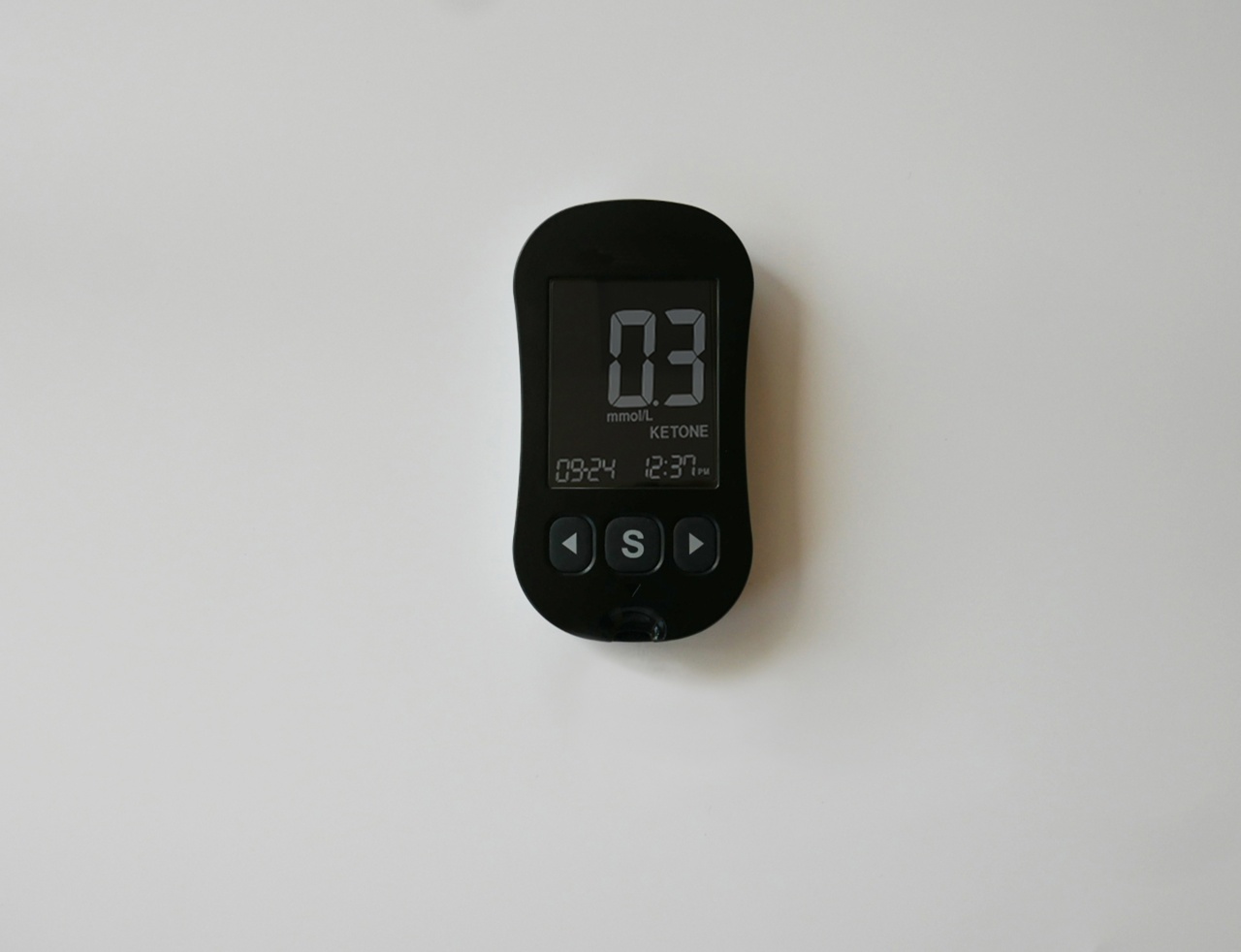High blood pressure, also known as hypertension, is a significant health problem for millions of people worldwide.
According to the World Health Organization, approximately one billion people suffer from hypertension, which can lead to heart disease, stroke, and kidney failure. While many factors can contribute to hypertension, being overweight, smoking, and consuming too much salt are some of the most common. This article explores the link between salt and blood pressure and how it impacts human health.
What is Salt?
Salt is a mineral that consists of sodium chloride (NaCl). It is widely used in cooking and food preservation since it enhances the flavor, texture, and color of the food.
Our body requires sodium in small amounts to maintain proper body functions, but excessive intake of salt can lead to various health problems.
How Salt Affects Blood Pressure?
When we consume salt, the sodium component of it is absorbed into our bloodstream. Sodium attracts and holds water, and an excessive amount of it in the blood means the body holds onto more fluid.
As a result, this increased volume of blood in the body puts more pressure on the arterial walls, which leads to an increase in blood pressure.
How Much Salt is too Much?
The American Heart Association (AHA) recommends consuming no more than 2,300 milligrams (mg) of salt per day. However, many people consume much more than this amount, with some consuming as much as 10,000 mg per day.
Who is at Risk for High Blood Pressure?
Anyone can develop high blood pressure, but certain factors can increase the risk, such as age, genetics, weight, and lifestyle habits.
African Americans and people with a family history of hypertension are also at a higher risk of developing high blood pressure.
How to Reduce Salt Intake?
Reducing salt intake can be challenging for many people, but a gradual approach can make the process easier. Here are some tips to reduce salt intake:.
- Read food labels to determine the amount of sodium in a product
- Avoid processed and fast food
- Reduce the addition of salt in food while cooking and eating
- Use herbs and spices to flavor your food instead of salt
- Increase the consumption of fresh fruits and vegetables
The Bottom Line
High salt intake is one of the leading factors for high blood pressure, which can lead to heart disease and other health problems.
Reducing salt intake can help maintain a healthy blood pressure level, but it requires making significant lifestyle changes, such as avoiding processed and fast food, reading food labels, and reducing the use of salt in cooking and eating.




























